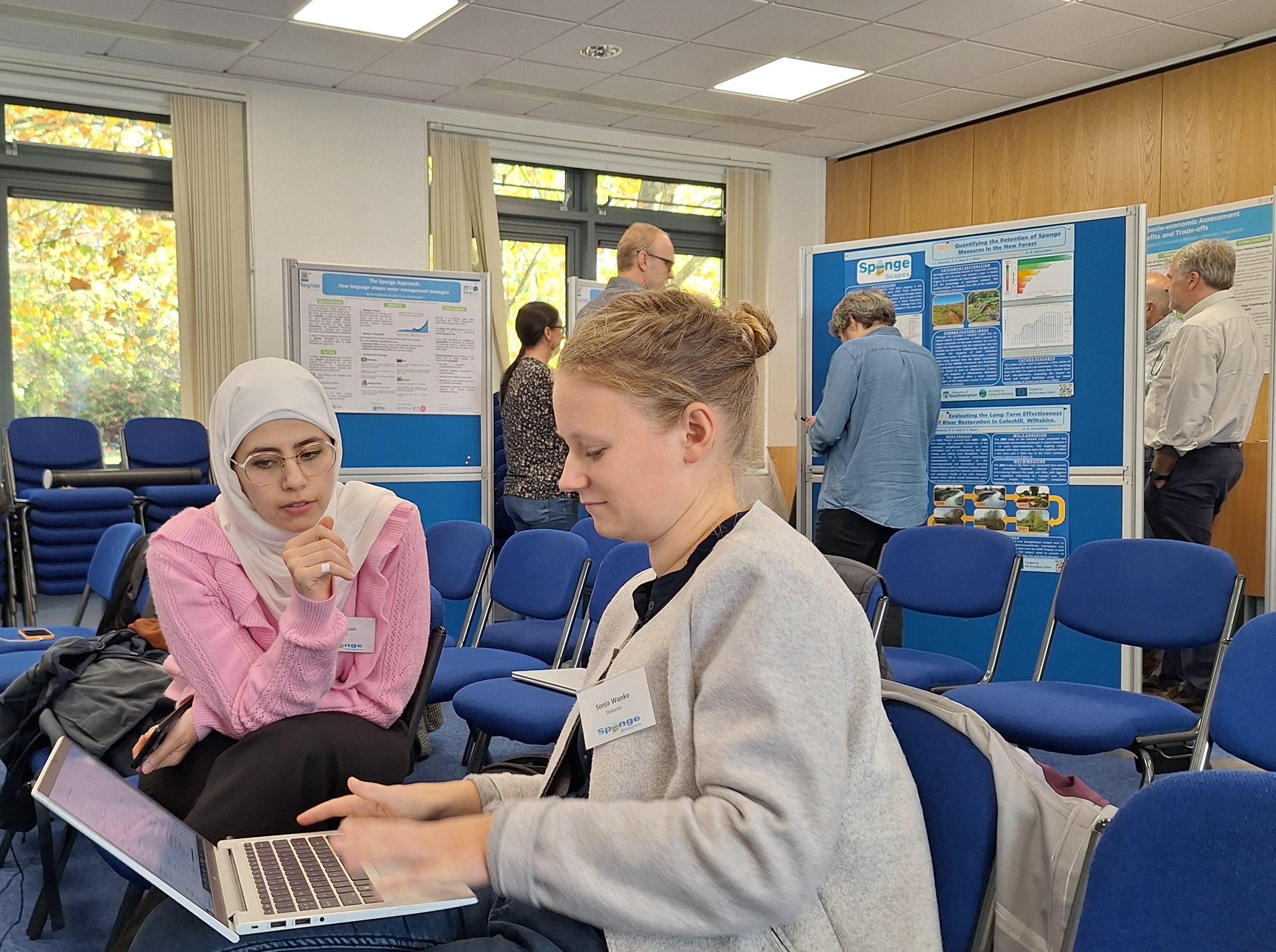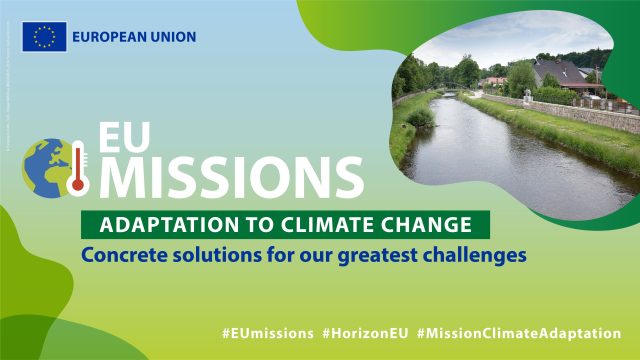Improving sponge effect landscapes
Sponge effects involve natural ways of retaining water in the water and soil system. This helps reduce the impact of flooding and drought, as well as preventing further loss of biodiversity.

Deltares is coordinator in two European projects investigating sponge effects. In the SpongeScapes project, ten European partners are contributing their knowledge on solutions for sponge action in various landscapes. The project thus supports the European mission to climate-proof European regions. In the SpongeWorks project, partners implement this knowledge and actual measures to improve natural sponge functioning at the landscape level. This helps to reduce the impact of flooding and drought. SpongeWorks measures are being implemented in river basins in France, Greece, Germany and the Netherlands.
SpongeScapes
Together with local stakeholders, the 10 European partners in Spongescapes are evaluating 14 case studies for their current and future sponge effects, using different sponge measures and overarching sponge strategies. This includes a lot of practical knowledge, methods for monitoring, modelling and implementing sponge measures at the landscape scale. The Natural Water Retention Measures (NWRM) database, with already 140 registered case studies is being updated and upgraded into a major knowledge platform for practical knowledge on these nature-based solutions. This platform also provides information on implementation and maintenance. During the course of the project, so-called “sponge days” and local workshops will be organized to share key findings and results.
Within SpongeScapes, there is further consultation on indicators used to determine the effectiveness of the individual sponge solutions. With the 14 cast studies, the needs of stakeholders are identified.
In addition to coordination, Deltares is providing techniques that enable scaling up from individual sponge solutions to overarching sponge strategies.

SpongeWorks
SpongeWorks consists of three so-called large demonstrators: the Vecht, a river basin between the Dutch and German borders, the Lèze River in France and the agricultural area Pinios, which is important for Greece. In these three areas we are looking at how to restore the landscape hydrologically. How can the ecosystem be restored and can we retain water to create more buffer capacity to cope with floods and droughts? The motto here is use green solutions if we can but use gray solutions if we must. We are devising and studying measures such as the restoration of natural areas, changes in agricultural methods and land use, and the effects on the water system due to withdrawals by industry. With the knowledge of Deltares from SpongeScapes, among others, these measures are tested. In SpongeWorks it is particularly important to involve water users in the implementation. Local knowledge is important but also the 'Water and Soil Stewardship' principle. It may be that due to land use, full restoration is no longer feasible. Then SpongeWorks offers tools for reconsideration.
By participating in SpongeWorks, we bring together practical experience with research opportunities and Deltares' specialist knowledge. This gives us more insight into how effective the measures we take are. At the same time, we can adopt effective applicable examples from abroad
Stef Fortkamp, Overijsselse Vecht river basin manager, Vechtstromen water board

More information
-
Policy Brief SpongeScapes
-
Sponge function in The Netherlands
-
Nature-based solutions for floods AND droughts AND biodiversity: Do we have sufficient proof of their functioning?
-
Challenges for upscaling hydrological effectiveness of nature-based solution for adaptation to climate change in watersheds
-
Spongescapes website
-
Spongeworks website


